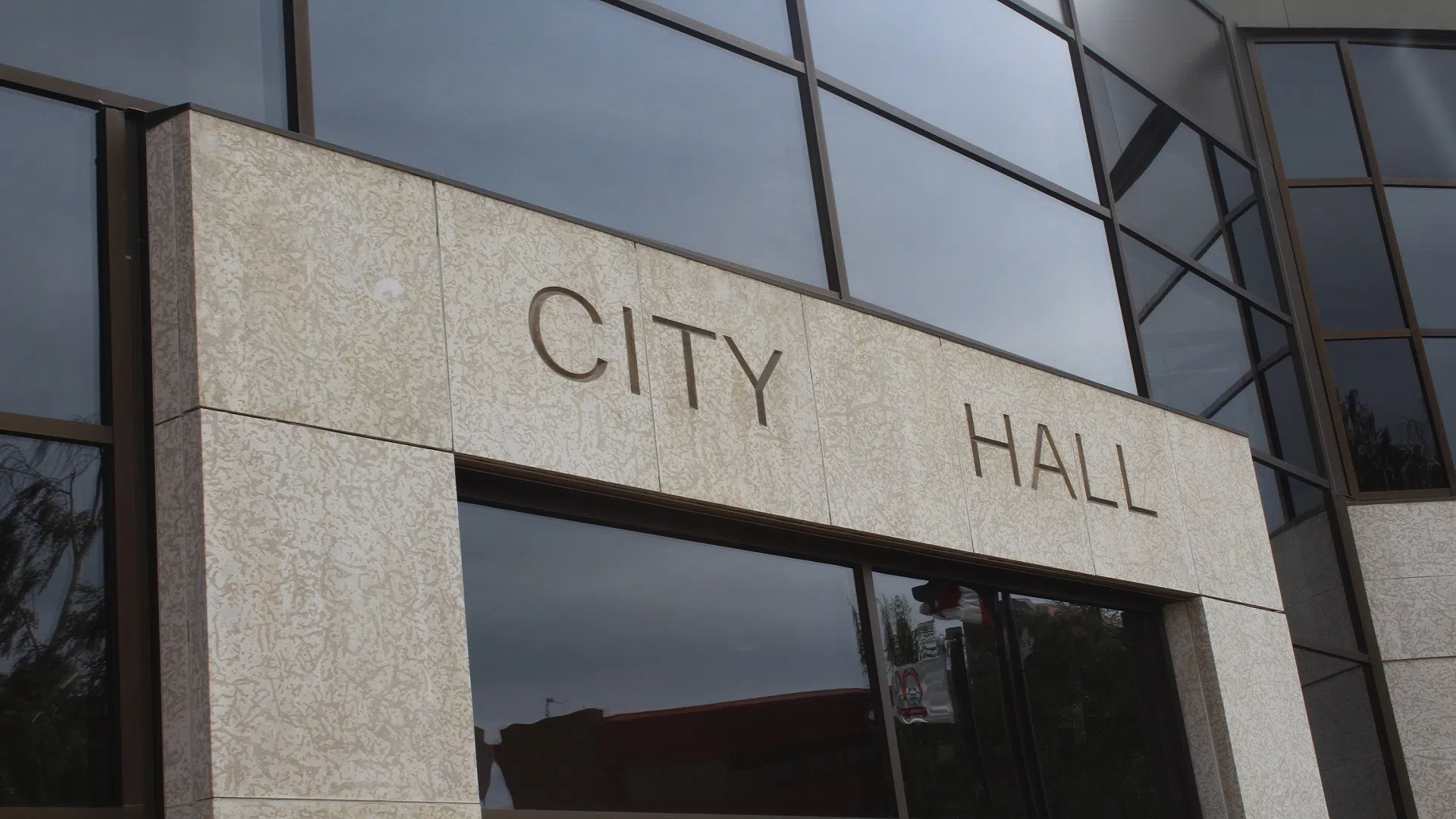
City operations budget able to absorb new costs from carbon levy
LETHBRIDGE – It’s good news for Lethbridge residents, who won’t be seeing an increase to City bills for the next two years due to the new provincial carbon levy.
The levy came into effect January 1, 2017, based on $20 per tonne of carbon pollution. That is set to rise to $30 per tonne by the same time next year. The City estimates a $460,000 cost to operations this year, and another $690,000 in 2018.
On average, the City of Lethbridge uses around 3.4-million litres of fuel and 285-thousand gigajoules of natural gas per year. However, the 2015-2018 budget has enough room to absorb the extra cost.
“In 2014 when we prepared the budget, fuel prices were a certain rate and we expected them to rise gradually over time. In fact, if you look at the prices today at the pump, they’re about the same as they were in 2014,” noted Corey Wight, City treasurer. “So, we’re fortunate that our budget has enough room to pick up the carbon levy. It’s just because oil and fuel prices are low.”
At this time, Wight says there are no grants or exemptions available to municipalities at either the provincial or federal levels. The City plans to aggressively go after its fair share of the funds once they’re created.
Wight did mention, though, that several strategies are already in place to mitigate costs. He explained that the City of Lethbridge purchases fuel on contract, allowing them to save roughly 11-cents per litre, and also increased fuel tank capacities in 2014 that saves an additional 4-cents. A vehicle idling reduction policy is in place, as well.
“For a number of years, City Council has had the foresight to allocate a certain amount of our federal gas tax fund grants every year to be able to help us to make energy efficiency improvements to buildings.
“We’ve done lots of things like replacing boilers, windows, roofs, all of those things that help us to better insulate and heat our buildings, which has reduced, by quite a bit, the amount of natural gas that we’ve had to use,” Wight continued.
He added that electricity is another difficult thing to forecast and budget for, but will have to wait to see how the levy affects those increases in the future.


